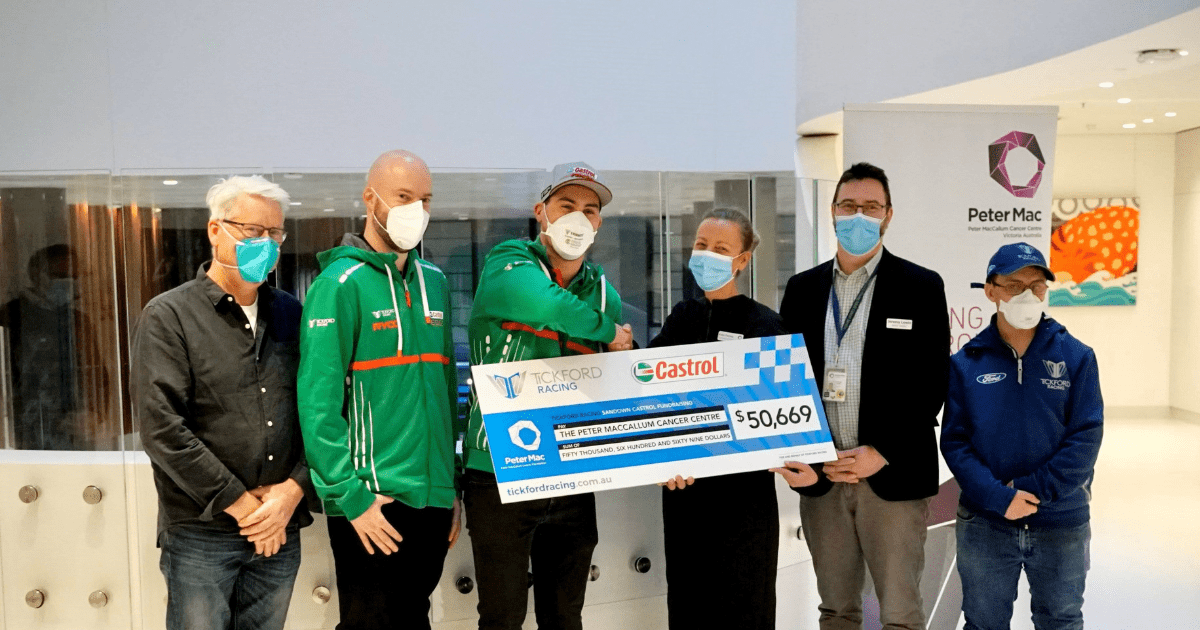Donations to Peter Mac enable important discovery into how deadly ovarian cancer outsmarts chemotherapy
27 May 2015
The largest complete DNA analysis of ovarian cancer in the world, published overnight in Nature, has revealed unprecedented new insight into the genetic twists and turns a deadly form of the disease takes to outsmart chemotherapy, potentially changing treatment approaches for women around the world.
This important discovery, made possible with the support of crucial funding provided by generous Peter Mac donors, will lead to more women receiving treatment better suited to their particular cancer, all over the world.
To make the discovery, Peter Mac researcher Professor David Bowtell brought together a team of leading researchers from around the world. Together, they completely sequenced the genomes of 114 samples of high-grade serous ovarian carcinoma (HSC) from 92 patients, carefully investigating how cancer evolves to evade initially effective chemotherapy.

Professor Bowtell says the study revealed at least four key ways ovarian cancers go through genetic changes and become resistant to common chemotherapy.
‘In two of the mechanisms, cancer cells find a way of restoring their ability to repair damaged DNA so they can resist the effects of chemotherapy; in another, cancer cells “hijack” a genetic switch that enables them to pump chemotherapy drugs out of their way.
‘A further mechanism sees the molecular structure of the cancer tissue shift and reshape, so that sheets of “scar tissue” appear to block chemotherapy from reaching its target.
HSC accounts for 70 per cent of all ovarian cancers, and 60 per cent of ovarian cancer-related deaths, claiming approximately 80,000 women globally each year; Professor Bowtell says until now there has been little information to guide clinicians when selecting treatment for women whose cancer has returned.
‘For decades clinicians around the world have watched HSCs shrink under attack from chemotherapy, before returning aggressively months or years later.
‘By completely sequencing the cancers, sampled at different stages of disease, for the first time we can map their evolution and begin work on better interventions.’
Professor Bowtell says the research is a turning-point in the global fight against ovarian cancer.
‘In this research we saw stark reminders of how evolution presents us with incredible challenges — to fight an insidious enemy, you need to understand them, and we’ve made a great leap forward today thanks to a truly international collaborative effort.’
‘This discovery offers great hope in the fight against ovarian cancer, but it would not have been possible without the support of donations from the public. Every donation really does make a difference, and with outcomes like this, it’s clear that together, we can achieve extraordinary things.’
This important research discovery would not have been possible without the support of donations from the public. To help enable the next important breakthrough, please make a donation today.


